22 Jan Malta’s Update – Understanding the reforms on long private residential leases
The private rental sector has been the most dynamic of the Maltese property market over the past couple of decades. This market has grown from strength to strength both numerically and proportionately. Despite this exceptional growth in the market, the private rental market has occupied a relatively marginal position in local legislation to date.
After years of buoyant activity, this market has finally attracted increased political, policy and regulatory attention.
As from January 1, 2020, the private residential leases act has come into force. The primary purpose of this article is to provide an overview of this important development and to highlight the salient points of how the legal and regulatory framework has changed from this year, with a particular focus on long private residential leases.
The law applies to residential letting agreements entered into or renewed after January 1, 2020, and residential letting agreements entered into after June 1, 1995, and still in effect after January 1, 2021.
All leases must be registered with the Housing Authority. Such registration is subject to an administrative fee and a declaration must be made, stating any security deposit collected and retained by the landlord.
A full inventory of furnishings is to be included and the lease agreement must be registered within 10 days from the commencement date. Should the lessor fail to register the lease agreement, the lessee may proceed to register the lease at the lessor’s expense.
The lease agreement needs to be registered online via the government’s newly launched website www.rentregistration. gov.mt. In case of any difficulty, the newly set-up private residential leases unit, within the housing authority, is offering landlords the option to arrange an appointment with a housing authority representative to assist with registration.
The normal registration fee of a lease agreement has been set at €10 – however, this will be free of charge during the first year (2020) and will only begin to apply to lease agreements registered from January 1, 2021.
A late registration fee of €120 shall apply if the registration of a private lease agreement is not registered within 10 days from the signing of the lease agreement.
Very important to note is that lease renewals or extensions also need to be re-registered and the renewal fee has been set at €5. No fees are applicable for the renewal of lease agreements that in the lease document specify that the lease will be renewed each year.
Rent may be freely negotiated between the parties – however, rent increases may only take place once a year and such increase may not exceed the previous rent by more than five per cent.
In no case may the lessor require the advance payment of more than one month’s rent unless it is otherwise agreed, therefore, the parties are also free to agree on advance payments.
The amount of rent cannot be revised during the term of the lease unless there is express agreement in the lease. The duration cannot be less than one year and any agreement stipulating a shorter period shall be deemed to have been agreed for at least a one-year period.
Lease agreements must be made in writing and must include: a description of the property; the agreed use of the property; the period for which the property shall be let; possibility of lease extension and manner; rent payable and methodology of payment; amount of security deposit; and full photographic inventory.
On the expiration of its term, the lessor must give a minimum of three months’ notice by registered letter of his intention to terminate – otherwise an automatic renewal for a further period of one year will be triggered. It is sufficient for the lessor to provide evidence that the registered letter was sent within the stipulated time and to the correct address.
A tenant, who remains in occupation of the rented property beyond the lapse of the lease, shall be bound to pay an amount equivalent to the rent until the date of the effective eviction of the property and this without prejudice to the lessors’ right to obtain compensation for any greater damages caused to them.
The lessee is prohibited from withdrawing from a long-term lease before the lapse of: six months where the lease is for a period of less than two years; nine months where the lease is for a period of two years or more but less than three years; 12 months if the lease is for a period of three years and over.
If the lessee withdraws before the lapse of the periods mentioned above, the lessor may retain an amount equivalent to, but not exceeding, one month’s rent from the deposit left by the lessee by way of security.
Upon the lapse of these periods, the lessee may withdraw at any time by giving notice in terms of article 11 (2) of the Act: at least one month before where the lease period is for less than two years; at least two months before where the lease period is for two years or more but less than three years; at least three months before in the case where the lease is for a period of three years or more.
An adjudicating panel shall have exclusive jurisdiction to decide disputes not exceeding €5,000. The claim must be filed within two months from the expiration of the lease and the counterparty would then have 10 working days to reply to the said claim. The adjudicating panel shall deliver judgment not later than five working days from the date of the last submission by the parties. An appeal may be lodged in front of the inferior courts within 20 days from the judgment date.
The Housing Authority has the right to inspect the property to ensure compliance on both the part of the lessor and lessee, nonetheless, a warrant approved and signed off by a magistrate has to be acquired in order for such access to be provided.
Rent costs have increased sensibly therefore rent budgets will need to be reconsider in 2020. Principal Relocation Company will prepare a new house budget for Malta and this will be shared to all of our clients.
FAQ
1.Rental Agreements can only be signed for 1 year:
- Q: We have clients who specifically require a lease agreement for 6 months. IF they would need to sign for one year and leave after 6 months, the deposit would not be returned- correct?
- A:Yes this is correct, if they sign a long lease of one year, then according to the new laws they would have a right to terminate after six months by giving one month notice and the deposit will not be forfeitable (the deposit will be forfeitable if they leave within the first six months)
2.Lease Extensions:
- Q: We are often authorised to assist with Lease Extensions. Can we prepare the draft, and have it confirmed by landlord and tenant upfront? We would then ask the tenant to forward the originally signed document via registered mail against receipt to the landlord. This is a bit worrying if not done in the requested time frame. So we need to discuss this when signing the lease agreement and also inform HR departments about it. Maybe landlords would take advantage and claim rental payments for an additional year if termination is not received on time?
- A: It is not realistic a situation whereby the landlord can claim an additional year, with the new laws the tenant can give one month notice of termination at any time after the first six months in the case of a lease of 1 year which is the standard lease period we sign.
3.Registration with the Housing Authorities:
- Q: Registration of the lease is a Landlord’s responsibility? Is the tenant obliged by law to follow up on this registration? Is tenant liable in any way if the landlord fails to register? Can we as a company offer such services to the landlords?
- A: Yes, it is the responsibility of the landlord to register the lease at his expense through a very user friendly government website – www.rentregistration.gov.mt. The landlord must register the lease within 10 days of the commencement of the lease and not the signing of the lease. It is important to receive confirmation from the landlord that the lease has been registered as if not lessee can register it however we will implement a process that will determent from the outset how the registration will be carried out (requesting a written confirmation from the Landlord).
Information verified through local authorities, and professionals (realtors). Thanks to Perry Real estate for supporting us on obtaining the necessary information and using their article from the Times Of Malta.

